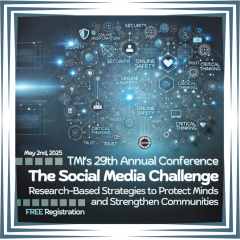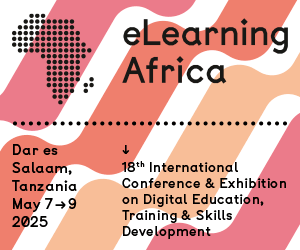Learning Right Here, Right Now!
 Berlin, December 2008 - The panel "Engaging Learners Using Technology" at this year's Online Educa Berlin was organized and run by the British Institute for Learning and Development (BILD) and highlighted the latest innovations from the UK. Presentations showed how companies are seeking to engage learners using technology through their training programs as well as specific case studies of innovative uses of technology.
Berlin, December 2008 - The panel "Engaging Learners Using Technology" at this year's Online Educa Berlin was organized and run by the British Institute for Learning and Development (BILD) and highlighted the latest innovations from the UK. Presentations showed how companies are seeking to engage learners using technology through their training programs as well as specific case studies of innovative uses of technology.
Steve Rayson, Managing Partner of Kineo, gave a rapid presentation on rapid eLearning. He believes that Rapid eLearning will be successful because companies have an emerging need for short, focused learning. Frequent product updates (Blackberry has product updates almost every five weeks) demand frequent changes of course material.
Several companies assume that Rapid eLearning means you can skip the design step because design takes time and is expensive. That means they don't have very high expectations of Rapid eLearning outputs because they're not really designed. But Steve Rayson believes that we've all been on the receiving end of badly designed trainings for too long, and we know that bypassing design is a fast track to bored and disengaged learners.
Rapid eLearning not only requires thoughtful design; it is also produced on lower production costs and needs less development time. Therefore it is often the only response to emerging needs. It is easy to maintain and update. Rayson presented how fast eLearning courses could be developed or change with Kineo's toolset.
Make Learning fun
Andy Black of the British Educational Communications and Technology Agency (Becta) has worked in the education sector for more than twenty years, primarily in the land-based college sector. He is convinced that technology can make learning fun for students of all levels and with all degrees of experience. Becta is the UK government agency leading the national drive to ensure the effective and innovative use of technology throughout learning.
Using technology is an exciting way to learn, says Andy Black. It especially helps the next generation to question and discover things for themselves. It allows them to find out about a wide range of people, communities, and cultures that they may not have access to in any other way. Best of all, it encourages them to be creative and to work together. This can achieve much better results.
Black presented the project Nextgenerationlearning, which enables children to learn at their own pace and style. Trying out technology, e. g. teaching robots to dance a ballet in step, makes them feel more motivated as they are having fun. Kids who are having fun are more creative and independent in their learning and improve their speaking, listening, reading, and writing skills.
"By the way, the girls had a quicker grasp and were more successful and in making the robots move because they had read the manual", said Black. "The boys get bored easily."










